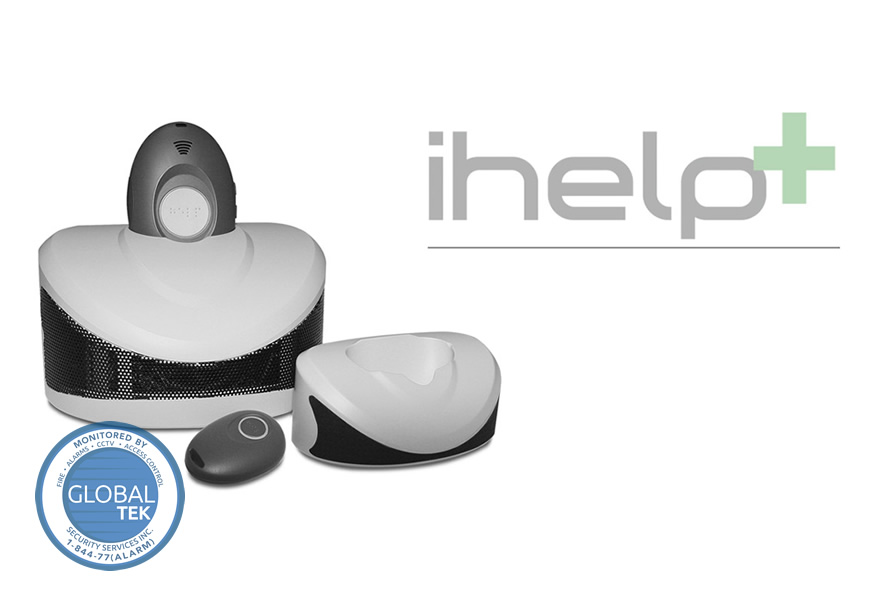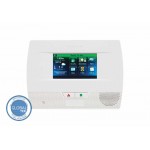
How to choose a medical alert system?
How to choose a medical alert system?
One of the major worries of families that have elderly parents living alone is the safety and health of their nearest and dearest. Many retired people continue to live an active life. They want to have peace of mind and you want to be confident that your loved ones are cared for and will get an urgent medical assistance in case of emergency.
The medical alert system is the solution. This innovative portable device makes caring for older adults easier. It allows your ageing parents to receive round-the-clock supervision and get quick and qualified medical help. Everything is easy as ABC. With just a push of a button, an elder can get in contact with an operator who will immediately notify a family member, neighbour, or friend about what happened and will call emergency services if necessary. Things to consider before making a purchase
With thousands of different medical alert systems on offer today, it may seem a bit overwhelming to select the one that will work best for you and your senior. Yet, picking out the right device gets a lot easier when you know what types of medical alarm systems exist, understand how they work and what features they provide.
Where to start?
First, you should evaluate the personal needs and abilities of your loved ones and the type of supervision they need. Next, answer yourself 3 important questions.
1. A home-based or mobile alert system? Which one to select?
First medical alert systems worked in homes through landline phones. This option is still available. Yet, if you don’t have a wireline telephone, then pay your attention to in-home systems that function using a cellular network. Such type of alert systems will be the perfect choice for seniors who rarely leave their house, and when they do, they mainly go out to public places where they’ll be provided with a help if needed.
Nowadays many brands also provide mobile personal emergency response systems that empower you to call for help not only when you are at home but also when you go shopping, visiting your neighbour or taking a stroll. Fitted with the advanced GPS technology, these systems can define your location to send an ambulance in case you feel ill and are not able to talk.
2. What type of system do you want? Monitored or non-monitored?
In order to decide, take into account how independent your senior parent is and how far you live. A monitored system means you’ll have a dispatcher on the line any time of the day or night. Generally, it has monthly payments in addition to the buying price. Plus, the monitored system can be charged with extra fees for activation services. If you think your loved one doesn’t need monitoring or if some family members or friends live close and can come to see your senior, opt for a non-monitored system. When its button is activated, the device automatically dials the phone number of family members recorded in the call list. And if no one is answering, the system will call emergency services.
3. The fall detection technology. How does it function and what benefits does it provide?
Some brands provide the services of fall detection for an additional monthly payment. The devices featuring the fall detection function will automatically get in contact with the dispatch center when detecting a fall, just as if somebody pushed the SOS button.
If your aged parents are at risk of falling, then it will be a good idea to add a fall detection feature to your device Now you know all the secrets of how to choose the right alert system. Make a present to your elderly loved ones. Help them live a happy and safe life.




